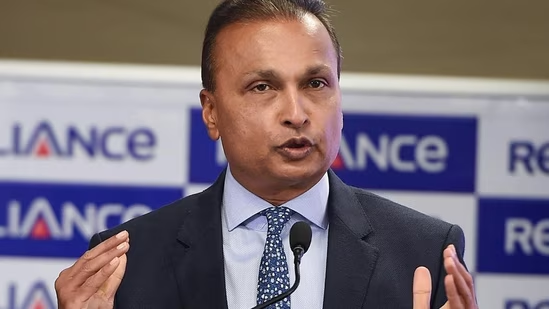Now Reading: Singapore Businesswoman Dies After Workplace Scam Allegation Involving Indian Employee
-
01
Singapore Businesswoman Dies After Workplace Scam Allegation Involving Indian Employee
Singapore Businesswoman Dies After Workplace Scam Allegation Involving Indian Employee

A well-known Singaporean entrepreneur, Jane Lee, who co-owned the popular food chain Sumo Salad, was found dead just a day after she publicly accused one of her Indian employees of being involved in a workplace scam. The sudden death has stirred speculation online, raising questions around mental health, employer-employee tensions, and the pressure of running small businesses in high-stakes environments.
What Happened Before Her Death
Jane Lee had recently taken to social media alleging that she had been cheated by a staff member, who she claimed manipulated the company’s internal systems to siphon off funds. The employee in question, reportedly of Indian origin, was accused of using deceptive means to collect customer payments and reroute them.
While no official investigation findings were publicly shared, the post gained significant attention in Singapore’s tight-knit business community. Lee’s tone in the post reflected emotional distress, pointing to the financial and personal impact the alleged scam had on her.
Death and Initial Reactions
Just a day after her online allegations, Jane Lee was found dead in what authorities are currently treating as a non-criminal death. Friends and colleagues expressed shock, noting she was under immense pressure lately, both professionally and personally.
While there is no confirmed link between the accusation and her death, the close timing has drawn concern, particularly among small business owners who say they often feel alone in dealing with internal fraud or staff betrayals.
Employee’s Role Still Under Review
The employee named in Lee’s post has not issued a public response yet. There is no confirmation of legal action against the individual, and investigations may be ongoing. Observers have cautioned against jumping to conclusions, especially in the absence of verified information or official statements from law enforcement.
In India, where a large section of the workforce migrates to countries like Singapore and the Gulf for employment, the news has sparked conversations about workplace ethics, employer-employee power dynamics, and the fallout when trust breaks down.
The Larger Conversation: Mental Health in Business
Lee’s death has also reignited a broader dialogue around mental health in the business community. Entrepreneurs often face unspoken stress—balancing operations, finances, and team management. When conflict arises, particularly involving financial betrayal, the emotional burden can be overwhelming.
In smaller cities across India, where start-up culture is growing, this case serves as a reminder of the emotional toll business leadership can take. It also raises a larger issue—how should employers deal with suspected internal fraud? Is public shaming ever justified, or should due process be followed even under pressure?
Conclusion
The tragic death of Jane Lee, following serious allegations involving an Indian employee, leaves behind unanswered questions and a community in mourning. It’s a moment that urges both business owners and employees to reflect on workplace transparency, accountability, and the importance of support systems during crises. As more details emerge, the hope is for a clearer understanding—and perhaps, some lessons for others navigating similar paths.
























